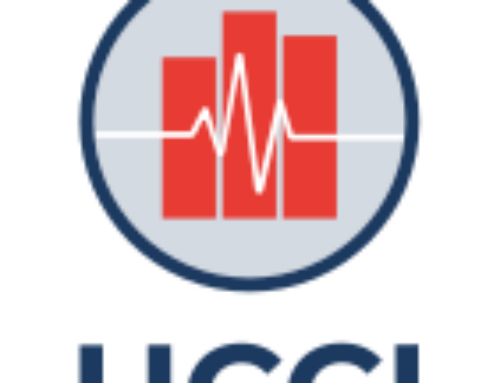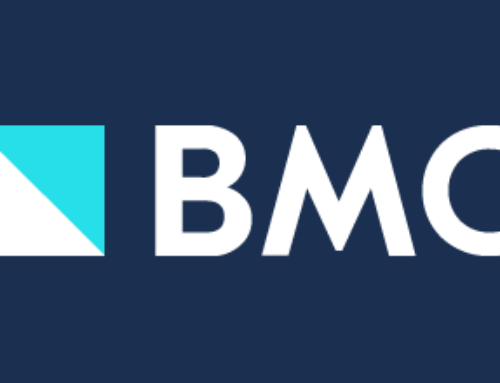CENTER UPDATE | JANUARY 2024
In this Issue:
- Few Older Adults Use Direct-to-Consumer Health Services
- Notable USPSTF Final Recommendations in 2023
- Rising Out-of-Pocket Costs for PrEP Threaten Key Strategy in Ending the HIV Epidemic
- Few Hospitals Achieve Equitable Readmission Rates
- Lower-Income People are More Likely to Report Negative Outcomes
- Neighborhood-Level Socioeconomic Status Indicates Nonadherence
- Zero Coinsurance for Colonoscopy Screening Could Increase Patient Life-Years
- Trends in Utilization and Spending for Medicare Drug Price Negotiation Program
- Small Percentage of U.S. Population Accounts for Nearly Half of Health Spending
- Mammography AI Can Cost Patients Extra. Is It Worth It?
- Barriers Faced by Primary Care Clinic Leaders to Improve Value
- Financial Incentive and Refill Reminder Program Improves Medication Adherence
- 2024 V-BID Summit

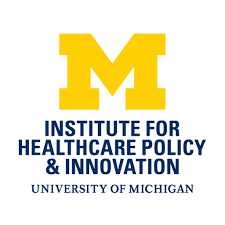
Few Older Adults Use Direct-to-Consumer Health Services
The National Poll on Healthy Aging survey reveals that 7.5% of individuals aged 50 to 80 have utilized direct-to-consumer (DTC) health services from online-only providers. Of those users who received a prescription medication from a DTC service, about one-third did not inform their primary care provider, raising concerns about patient safety and continuity. Looking forward, 42% of individuals aged 50 to 64 expressed interest in using such services in the future, emphasizing the importance of monitoring and understanding the impact of these trends.


Notable USPSTF Final Recommendations in 2023
USPSTF has published a resource on it’s top 4 most important Task Force final recommendations in 2023, including new topics and topics with a change in grade:
- Screen for all adults for depression (B Grade)
- Screen for adults younger than 65 for anxiety (B Grade)
- Preesposure prophylaxis (PrEP) for people at increased risk of HIV (A Grade)
- Hypertensive disorder screening for all pregnant people at each prenatal visit (A Grade)
The constitutionality of USPSTF recommendations is a key component of the Braidwood v. Becerra court case, which threatens access to preventive care for millions of Americans.


Rising Out-of-Pocket Costs for PrEP Threaten Key Strategy in Ending the HIV Epidemic
A study, published in Health Affairs led by researchers at the Perelman School of Medicine and Johns Hopkins Bloomberg School of Public Health, indicates that increasing out-of-pocket costs for HIV pre-exposure prophylaxis (PrEP) medications could significantly reduce PrEP use, potentially leading to a rise in HIV infection rates. The findings highlight the potential negative clinical and equity consequences of increases in cost-sharing for PrEP on the progress made towards ending the HIV/AIDS epidemic in the United States.
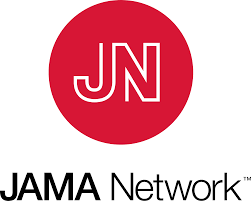
Few Hospitals Achieve Equitable Readmission Rates
Using CMS Disparity Methods, new research indicates that only 17% of hospitals achieve equitable readmissions by insurance and 30% achieve equitable readmissions by race. Hospitals with equitable readmissions served fewer Black patients, reinforcing the role of structural racism in hospital-level inequities. The researchers suggest equity-focused outcome measures for hospital performance in addition to traditional accountability measures.
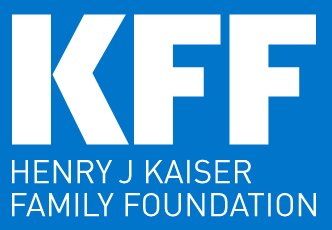
Lower-Income People are More Likely to Report Negative Outcomes Due to Insurance Problems
Lower-income adults with employer coverage are more likely than their higher-income peers to report negative outcomes due to problems using their insurance, a new KFF analysis shows. According to the KFF Consumer Survey, those with household incomes below 200% of the federal poverty line reported more challenges with employer sponsored insurance including difficulties paying for health care, delayed treatment, and a decline in health due to insurance problems.
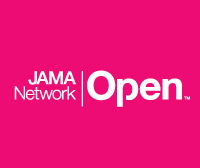
Lower Neighborhood-Level Socioeconomic Status Indicates Higher Rate of Nonadherence
A recent JAMA Network Open study reported that patients living in neighborhoods with lower neighborhood level socioeconomic status (nSES) had significantly higher odds of nonadherence to guideline-directed medical therapy. Despite the expectation that barriers such as lower access to transportation or pharmacies might mediate this association, the study found no mediation by access to transportation and pharmacy density.


Zero Coinsurance for Colonoscopy Screening Could Increase Patient Life-Years
Eliminating coinsurance for patients undergoing colonoscopy after a positive stool test may enhance patient life-years. Researchers, including V-BID Center director Dr. Mark Fendrick, estimate that if waived costs lead to a 15% increase in adherence, it could extend the lives of the average-risk population by up to 20%. An analysis of the research underscores the potential benefits of policies that remove cost barriers to completing colorectal cancer screening, emphasizing the importance of addressing economic and clinical outcomes in public health initiatives.

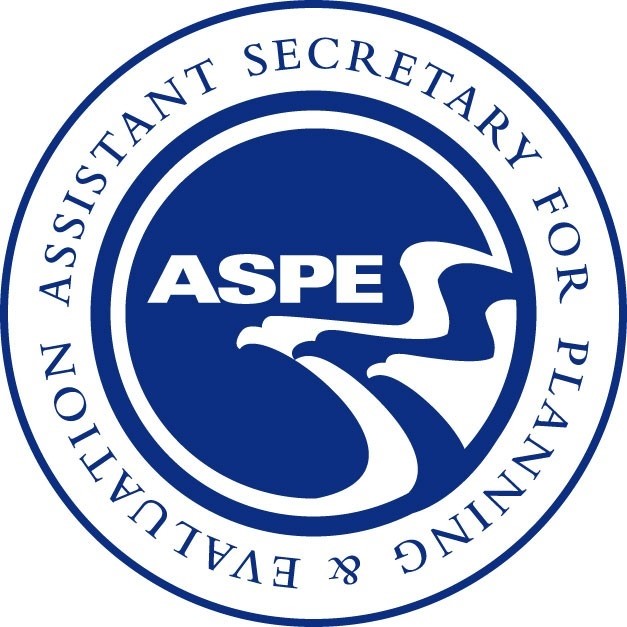
Trends in Utilization and Spending for Medicare Drug Price Negotiation Program
An ASPE research report focused on the Inflation Reduction Act (IRA) reported that, in 2022, Medicare enrollees paid a total of $3.4 billion in out-of-pocket costs for these drugs, and seven out of the 10 selected drugs received federal support or utilized federally funded inventions during their development.

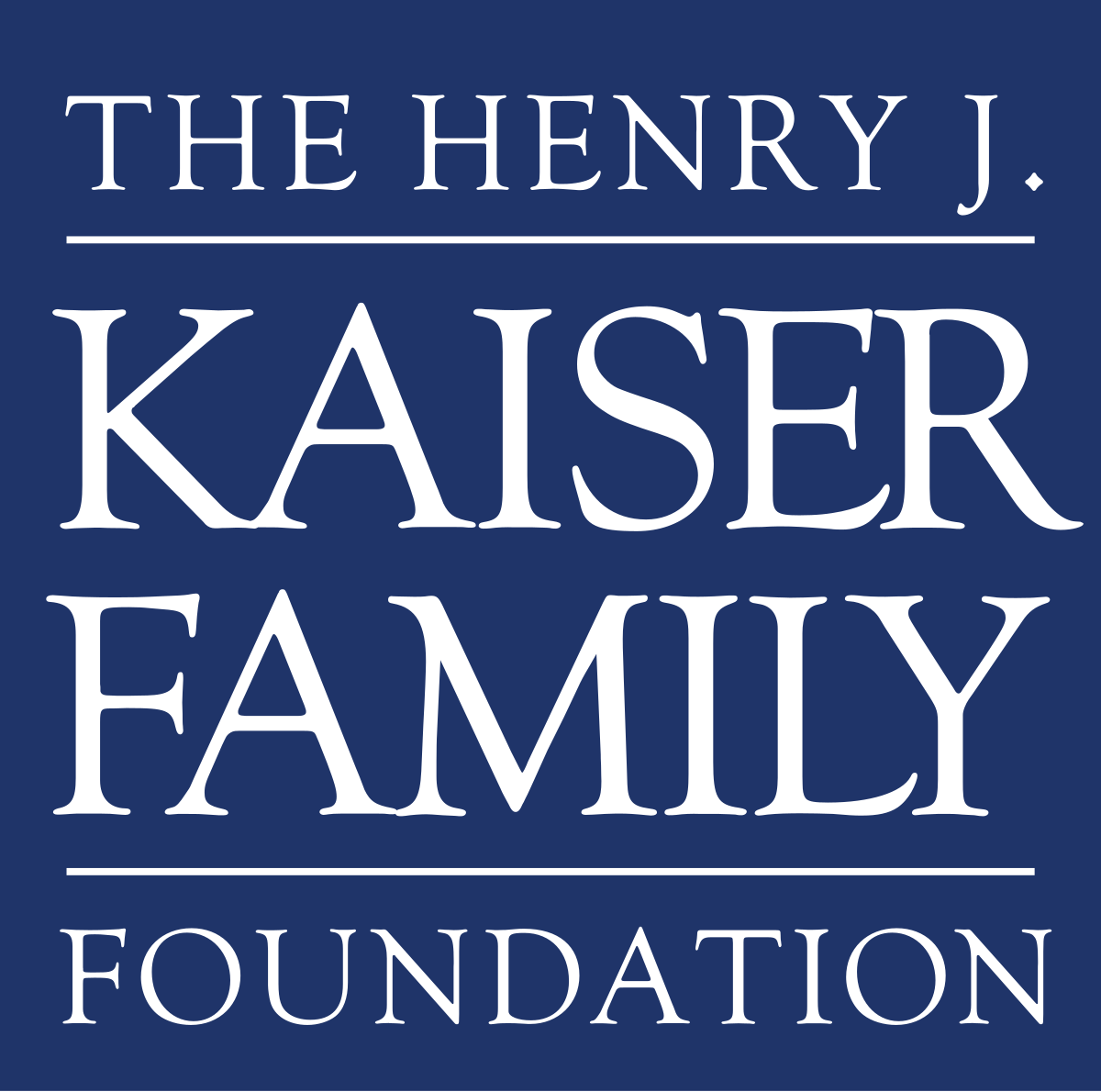
Small Percentage of U.S. Population Accounts for Nearly Half of Health Spending
This analysis of the Medical Expenditure Panel Survey (MEPS) data explored trends in health spending variation across the U.S. population. The study reveals that a small percentage (5%) of the population is responsible for nearly half of all health spending, with the top 1% having an average annual spending of $166,980. Additionally, health spending disparities exist based on age, health conditions, gender, and racial/ethnic factors.
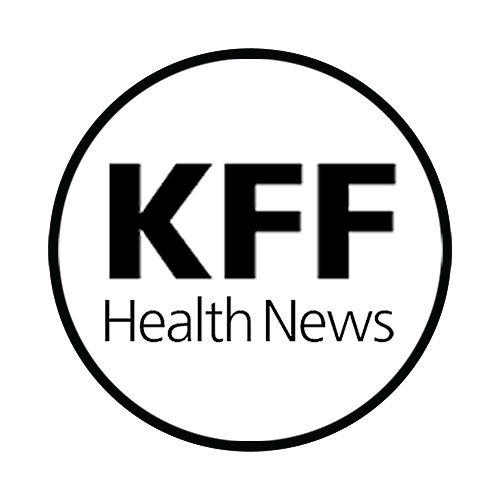
Mammography AI Can Cost Patients Extra. Is It Worth It?
Radiology clinics are offering AI analysis of mammograms for an additional $40 cost to patients even though insurance doesn’t cover it. The AI software is designed to aid radiologists in detecting potential issues or diagnosing cancer through mammography, potentially improving detection rates. While some studies show encouraging results, there is a need for more research and evaluation. The extra cost has raised questions about equity and affordability, with some experts expressing concerns about charging patients for AI analysis, especially as mammograms are a crucial part of breast cancer screening.


Barriers Faced by Primary Care Clinic Leaders to Improve Value in Consumer Choice Plans
Six main barriers to reducing costs at primary care clinics were identified through research published in Health Affairs Scholar last month:
- Insufficient information on cost drivers
- Clinics controlling a small portion of spending
- Patient preference for higher-cost specialists
- Administrative challenges
- Limited resources
- Misalignment of incentives
To reduce these barriers, the study suggests actions such as providing actionable information on cost drivers, addressing resource constraints, improving information on TCOC composition, educating consumers on benefit design, enhancing system administration, and clarifying incentives for clinics and individual providers.
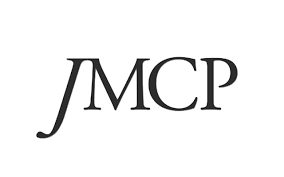
Financial Incentive and Refill Reminder Program Improves Medication Adherence
Findings have been published in JMCP assessing a financial incentive/refill reminder program on medication adherence and total cost of care. After analyzing over 1,200 propensity-matched patients, the program was associated with significantly improved adherence in both the antiplatelet and anticoagulant groups, leading to increased medication costs, and a 16% reduction in emergency department use. In aggregate there were no significant changes in the overall cost of care.
Save the Date: 2024 V-BID Summit
Overcoming Financial Toxicity
Mark your calendars! The annual Value-Based Insurance Design Summit will be hosted virtually on Wednesday, March 13, 2024, from 12pm to 4pm ET.
If you’re interested in sponsoring the event, please see our Sponsorship Information page.
Looking forward to hosting you all in March!
Please Help Support the V-BID Center
As a non-profit entity, the V-BID Center relies on fundraising to support our research, education, and policy efforts. Please help us continue our work by donating here. We truly appreciate your consideration.




